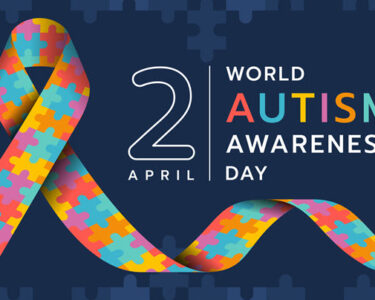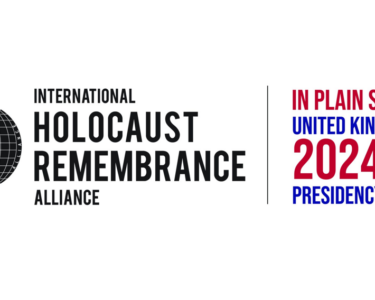‘Seventy-one years after the member states of the United Nations General Assembly passed the Genocide Convention accompanied by the pledge of “never again” – there is no doubt it was sincerely meant at the time, but both the human heart and human memory are fickle.
The last six decades are scattered with casual death, destruction and a callous disregard of past pledges. Cambodia, Rwanda, Srebrenica and Darfur are evidence of our failure to learn the lessons of the past.
Last week, as head of the UK delegation to the International Holocaust Remembrance Alliance, I joined experts and political leaders from more than 30 countries in Luxembourg to declare our commitment to adopting an updated set of recommendations for teaching and learning about the Holocaust.
The guidelines are intended to provide a basis for educators, policymakers and others to not only develop their knowledge of the Holocaust but to build individual understanding and knowledge and raise awareness about the possible consequences of antisemitism. The guidelines promote critical and reflective thinking about the Holocaust, including the ability to counter Holocaust denial and distortion. But crucially they also contribute to human rights and genocide prevention education.
The new guidelines will equip learners with knowledge about an event that fundamentally challenged human values. I firmly believe that teaching and learning about the Holocaust gives learners the opportunity to understand some of the mechanisms and processes that lead to genocide.
The guidelines build on the on the excellent work of UCL’s Centre for Holocaust Education which equips teachers to explore and answer difficult and challenging questions with students about our responsibility as individuals and as communities to protect our common values. The Centre’s Beacon School programme is one I would encourage all schools to emulate. Schools like the Hampton School, Royal Wootton Bassett Academy, Sandhurst School and Harris Academy South Norwood have all developed their work to champion genocide education and are leading the way.
The guidelines alongside the excellent work undertaken by the Centre for Holocaust Education will be further enhanced by our plans to build a Holocaust Memorial and Learning Centre in Victoria Tower Gardens. The memorial will honour the six million Jewish men, women and children who were murdered in the Holocaust, and other victims of Nazi persecution. The Memorial’s exhibition will explore the response of Britain’s Parliament and democratic institutions to the Holocaust; what we did and what more we could have done to tackle the persecution of the Jewish people and other groups. It will also look at subsequent genocides, including Cambodia, Rwanda, and Bosnia. It will use the lessons of our shared past to inform the decisions that affect our future.’
Lord Eric Pickles
- View and download the new and updated IHRA guidance and recommendations
- Find out more about the UKHMF work and plans for a Holocaust Memorial and Learning Centre



